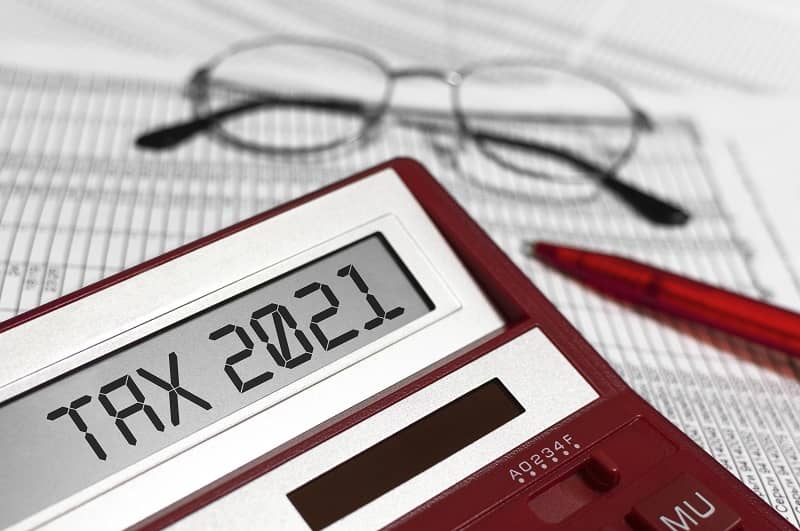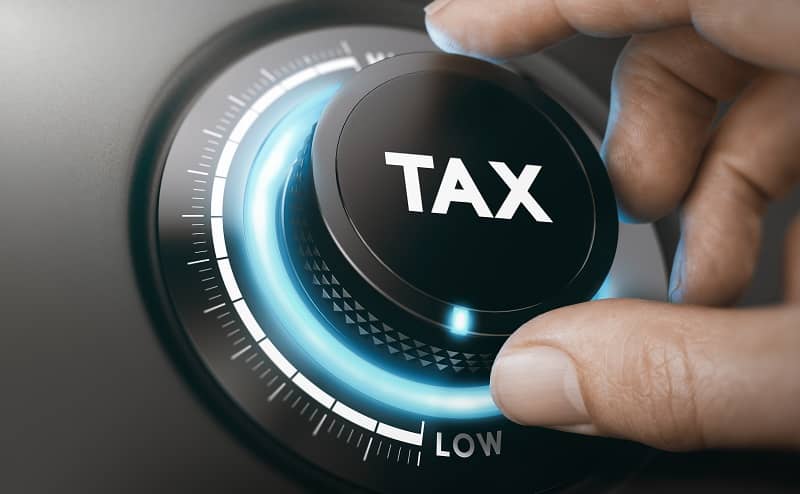
During the last session Oregon legislators created the current budget shortfall. They added new programs and spent more on existing programs than forecasts showed the state would have revenue to support. This irresponsibility has led to the January election on a temporary three-year income tax increase.
The legislature’s irresponsibility is a red flag about a “temporary” tax increase. Temporary is a long-time in government-speak.
Peter J. Ferrara, J.D., notes, “Congress first adopted a telephone excise tax in 1898 to help finance the Spanish-American war. The war ended within a year or so. One hundred years later, the telephone excise tax is still with us.”
California Governor Pete Wilson’s 1991 tax package included a “temporary” 0.5 percent sales tax increase. In 1993 that increase became permanent, partly because of continued fiscal problems.
Oregon’s fiscal problems are expected to continue. Another budgetary tsunami is expected next biennium-and neither Oregon’s governor-elect nor our legislators have expressed plans to curtail expenditures. Déjà vu, spending exceeds revenue. That’s with or without a temporary income tax increase.
If Measure 28 passes, place your bet that there’ll be a push to extend the temporary tax. As David R. Doerr put it, “Politically, proponents will claim the extensions are not really tax ‘increases’ because taxes will be no higher than in the prior fiscal year.” Before long, temporary is permanent, and Orwell has another phrase for 1984.
© 2006, Cascade Policy Institute. All rights reserved. Permission to reprint in whole or in part is hereby granted, provided the author and Cascade Policy Institute are cited. Contact Cascade at (503) 242-0900 to arrange print or broadcast interviews on this topic. For more topics visit the QuickPoint! archive.











